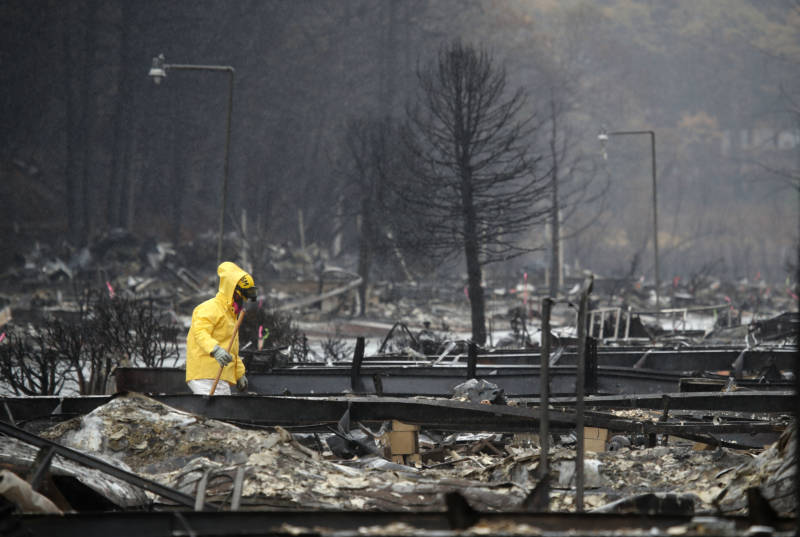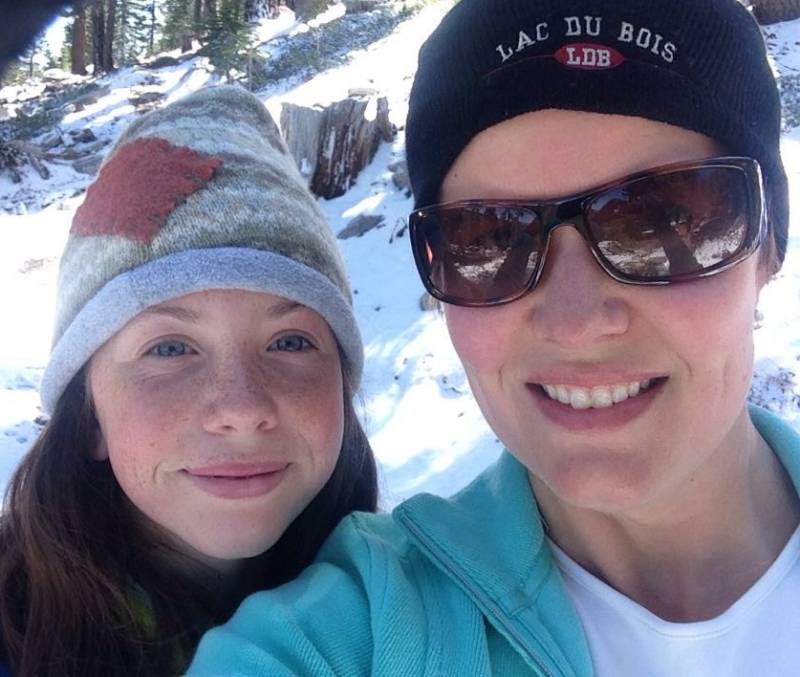The following story was produced for Youth Takeover week at KQED.
Escaping Natural Disasters Is a Matter of Privilege

In August 2005, I remember looking out the window of my home in Louisiana, as the outer edges of Hurricane Katrina made landfall on Baton Rouge Parish. To me, it was just a bad storm, but to thousands of others, it was life or death. I lived in a middle-class, predominantly white suburb, away from the bayous and broken levees that designated Katrina the costliest hurricane on record.
Two years later, my family moved from Louisiana to California in search of better jobs and improved quality of life.
My mom, Courtney Shepler, remembers that “the push factors out of Louisiana were really lack of opportunity and not seeing the kind of future that I hoped to see for myself or my kids.”
Louisiana, one of the poorest states in the nation, has among the least social mobility. The reason why my family was able to bounce back from this natural disaster and relocate, when so many others could not, is largely due to affluence.

“We were able to actually have our move paid for by the company I went to work for in California, and those opportunities aren’t there for a low-income worker,” my mom told me.
The reality is that natural disasters disproportionately affect poor and marginalized communities, and that global warming will merely intensify the gap between the rich and poor. It’s easy to notice the stark contrast in how rich and poor communities experience major disasters like this.
While my family now lives in hurricane-free California, this state comes with its own set of environmental challenges. Last November, the Camp Fire swept across Northern California, nearly wiping the working-class town of Paradise off the map. Eighty-five people died in that tragedy, many disabled and elderly. And thousands of residents were left homeless and jobless.
But in the Woolsey Fire that hit the much wealthier community of Malibu late last year, the rich and famous were able to hire private firefighters and escape the flames on helicopters.
As extreme weather patterns and warming-based natural disasters become more commonplace, it is likely that this fissure between the haves and have-nots will only intensify.
McKenzie Taffe is a senior at Bishop O'Dowd High School in Oakland.